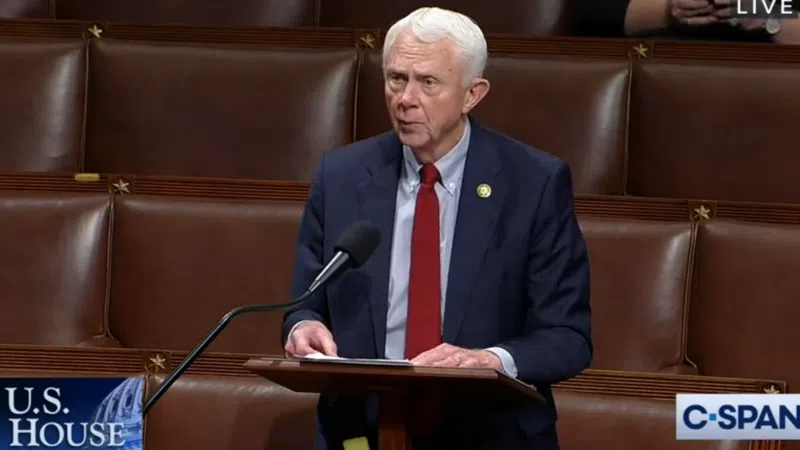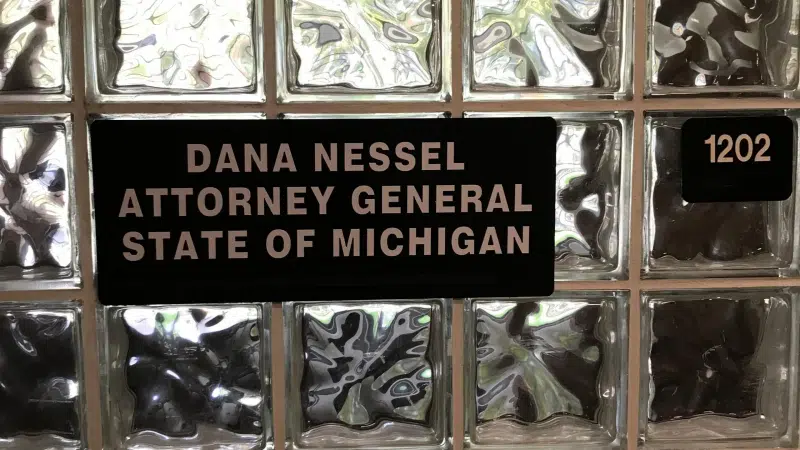Last night, Michigan voters approved Proposition 1, which will legalize, regulate, and tax marijuana for adults 21 and older. With 96% of precincts reporting at the time of publication, nearly 56% percent of voters approved the initiative. The Law Enforcement Action Partnership (LEAP), a nonprofit police reform group that endorsed Prop. 1, expects the new law to improve the efficiency of the justice system by helping law enforcement focus on more serious crimes.
“I’m so proud our state is leaving marijuana prohibition in the past where it belongs. I’m honored to have supported this measure alongside others in law enforcement who understand that legalizing marijuana will help will establish better control and regulation and allow police to concentrate their efforts on crimes against people.” – Detective Sgt. Ted Nelson (Ret.), Michigan State Police veteran
“Being the first Midwestern state to regulate marijuana, I believe we’ll be able to show the region the benefits, both in public safety and in tax revenue, of enacting sensible drug laws.” – Sgt. Steve Miller (Ret.), Michigan police veteran
Prop. 1 imposes an excise sales tax of 10 percent to be levied on marijuana sales at retailers and microbusinesses. Tax revenue will be allocated to local governments, K-12 education, and road and bridge maintenance. The measure also allows adults to grow up to 12 marijuana plants at home.
The Law Enforcement Action Partnership (LEAP) is a nonprofit group of police, judges, prosecutors, and other criminal justice professionals who use their expertise to advance public safety solutions.
The Michigan State Medical Society (MSMS) today responded to the passage of Proposal 1. The following is a statement from Dr. Betty S. Chu, MD, MBA, president of MSMS.
“Just because the recreational use of marijuana is now legal in Michigan, it does not mean marijuana is safe or healthy. Marijuana is still a Schedule 1 controlled substance which reflects the high potential for abuse and addiction. The recreational use of marijuana harms our communities, families, and youth. Other states have already experienced the sweeping negative consequences associated with this sort policy, which include but are not limited to increased marijuana-related hospitalizations, traffic deaths and crime. Regardless of the legality of marijuana use here in our state, Michigan’s physician community will remain vigilant in working to educate and inform our patients and the broader public of the dangers associated with marijuana use.”
The Michigan State Medical Society is a professional association of more than 15,000 Michigan physicians. Its mission is to promote a health care environment which supports physicians in caring for, and enhancing the health of Michigan citizens through science, quality, and ethics in the practice of medicine. Please visit www.msms.org for more information.






















